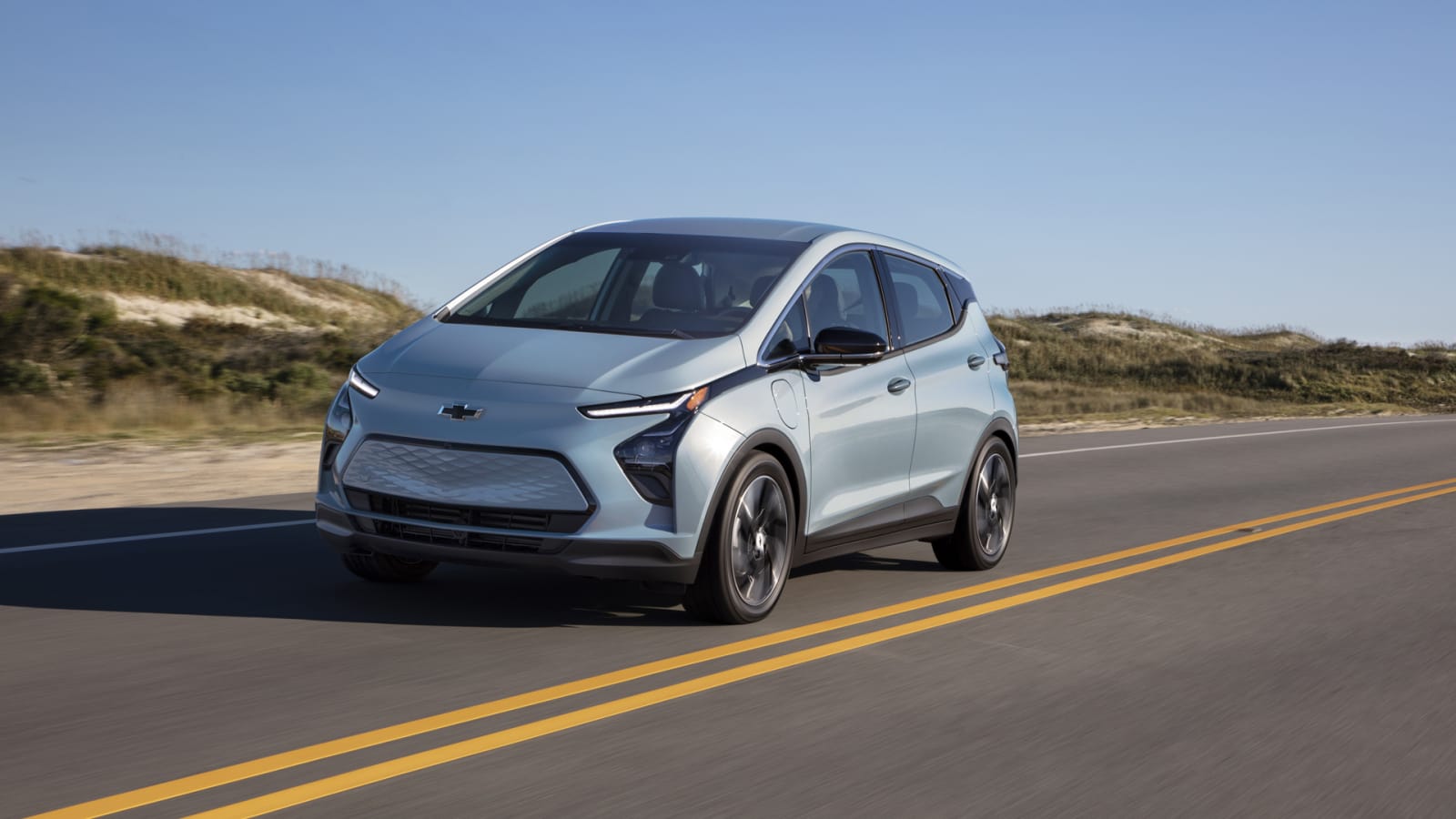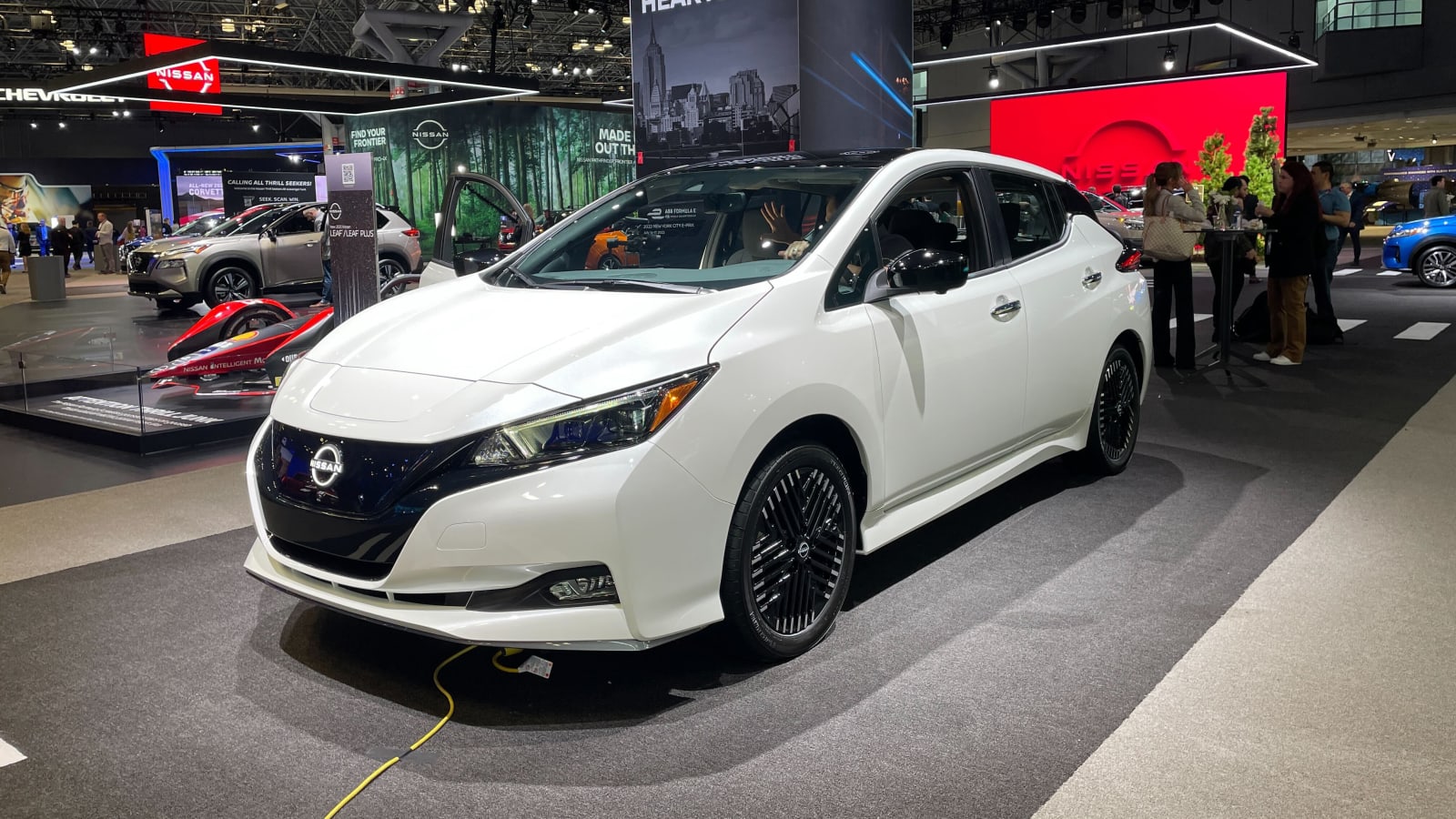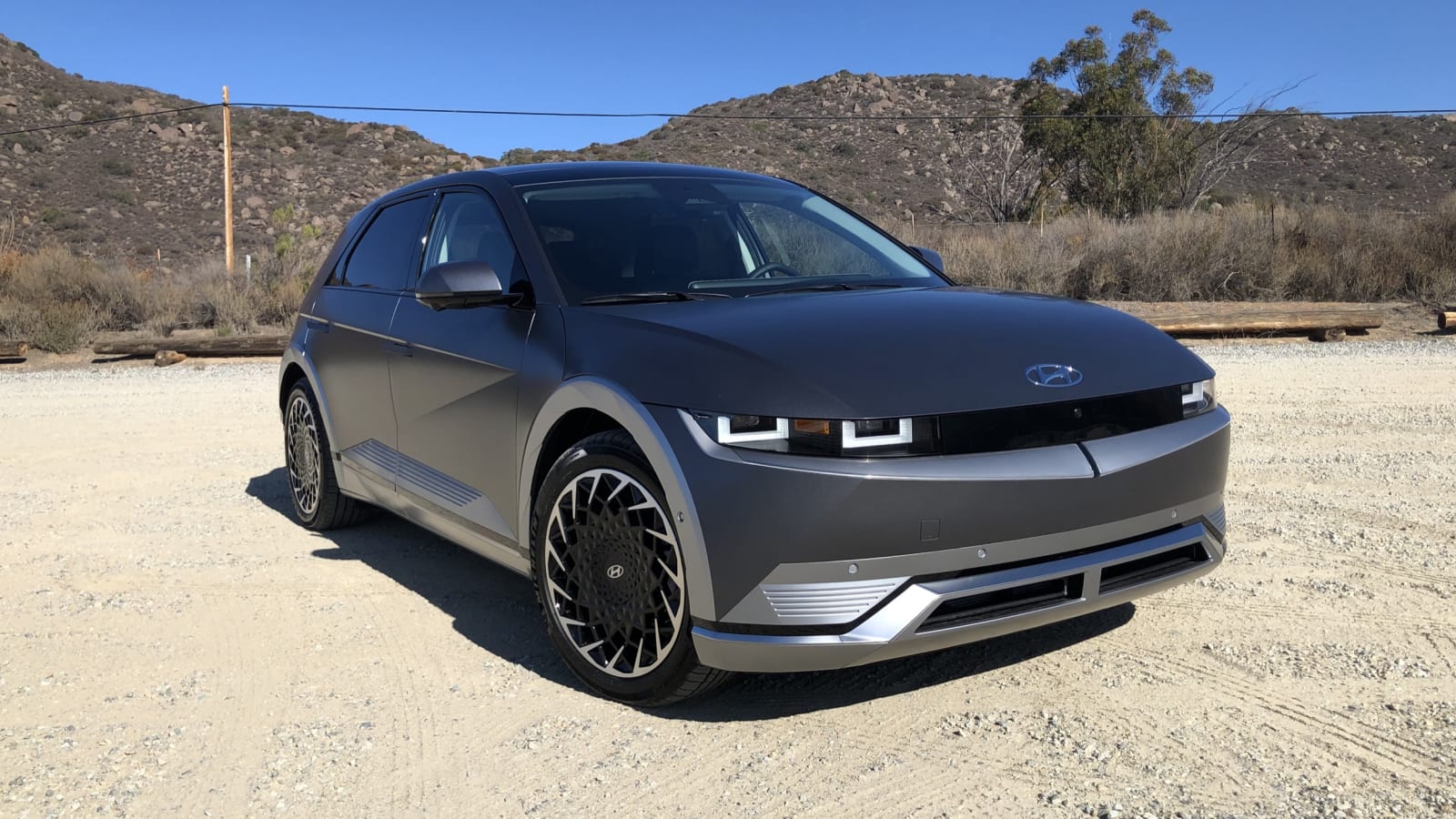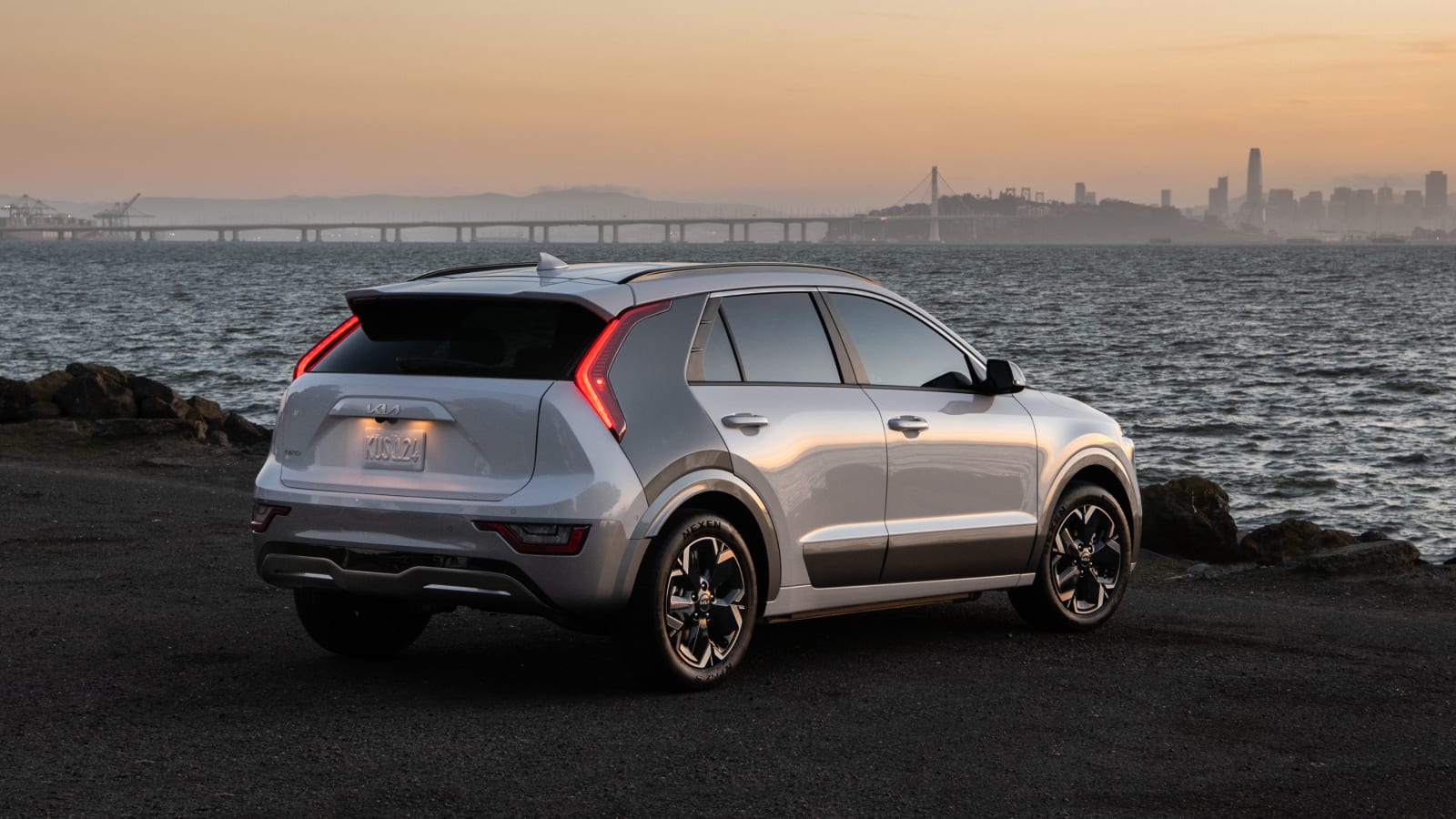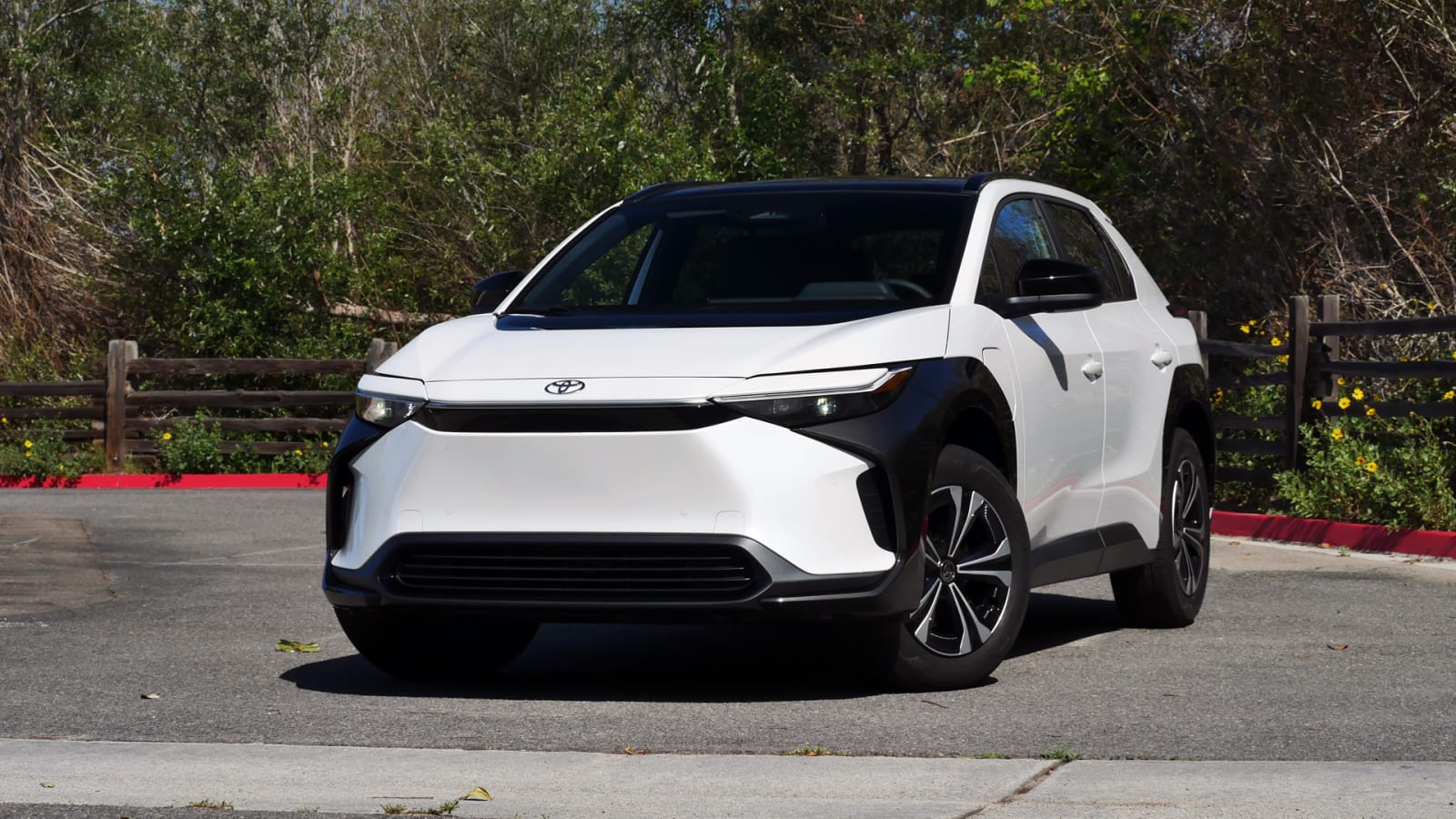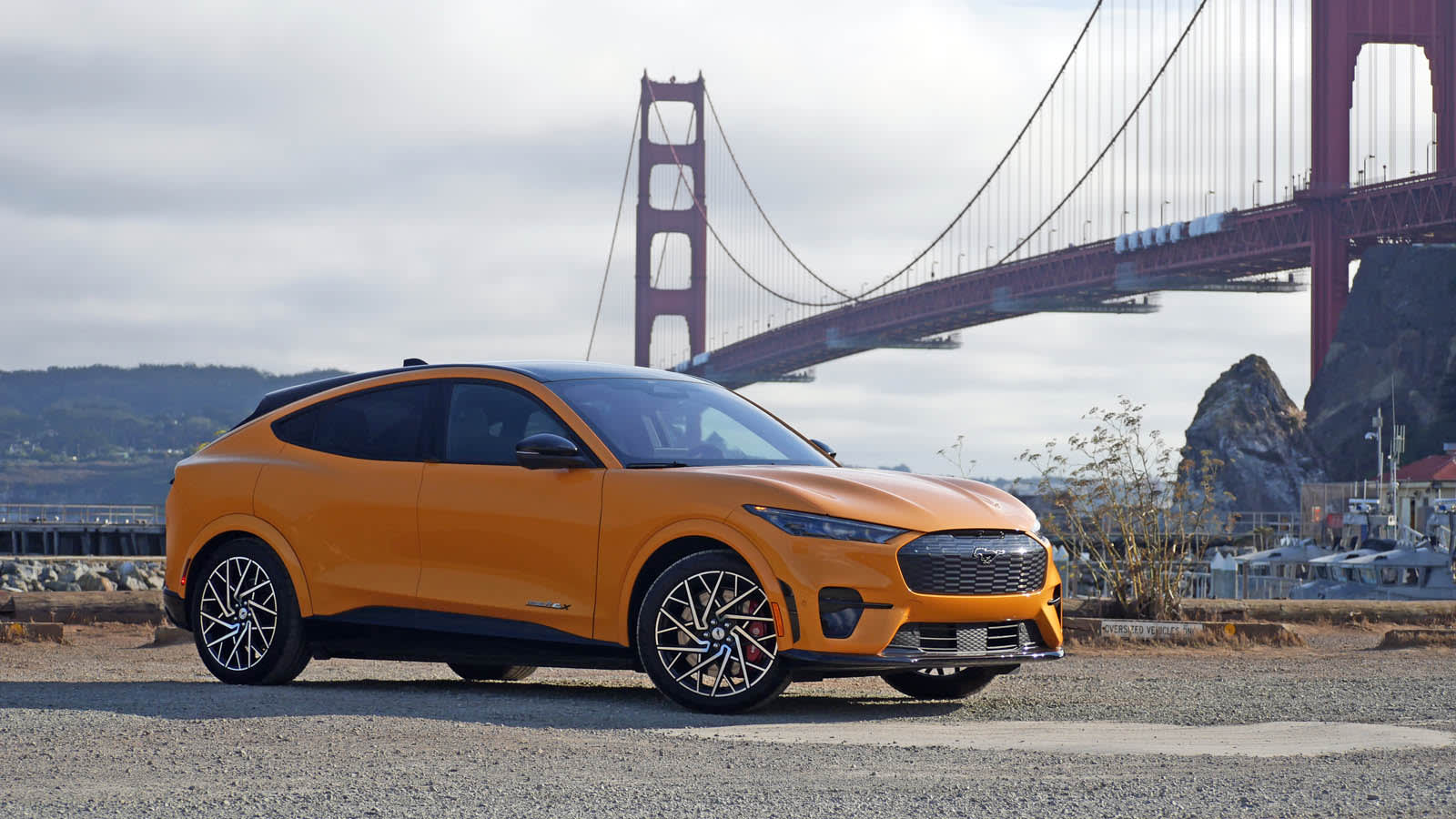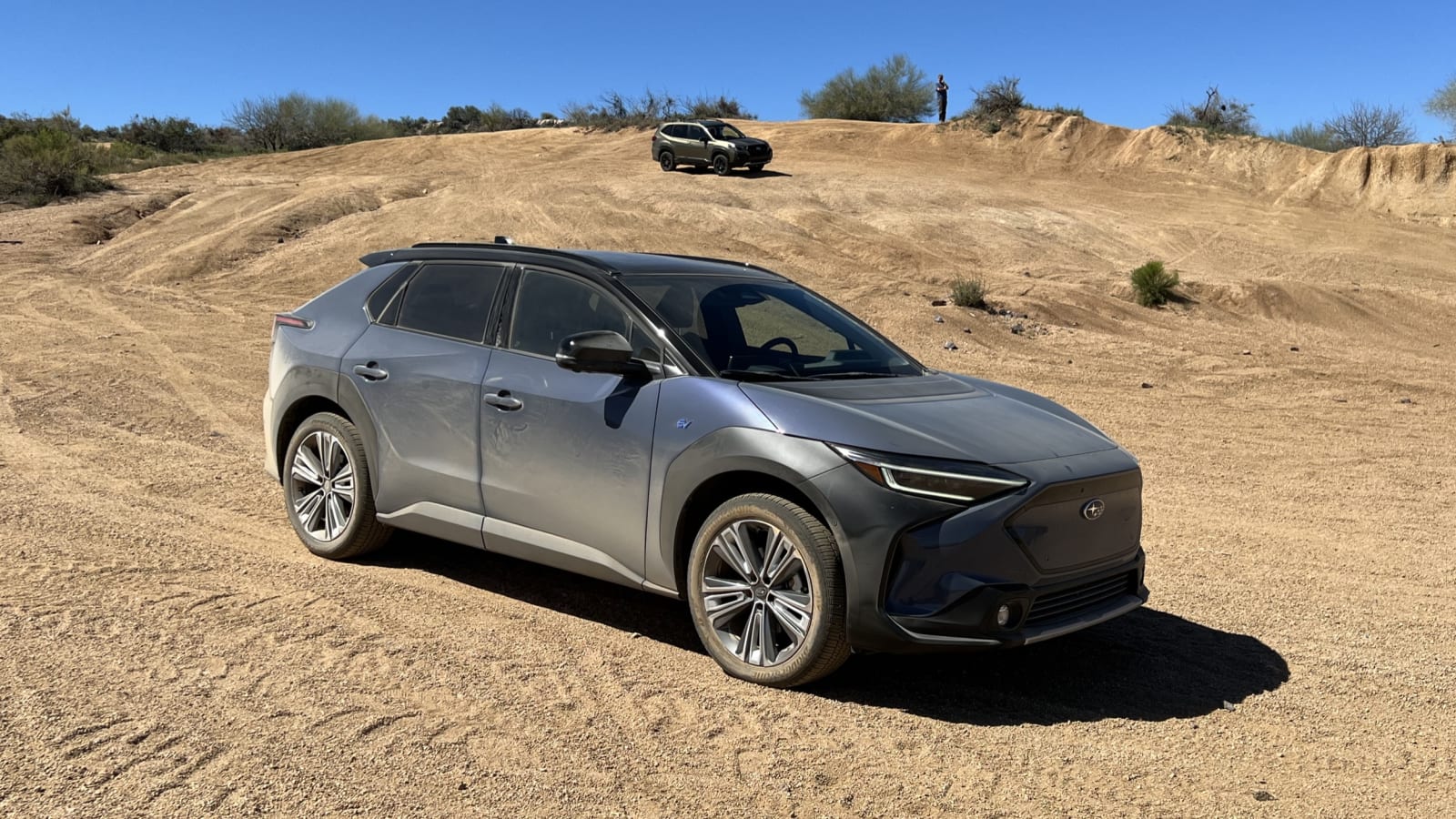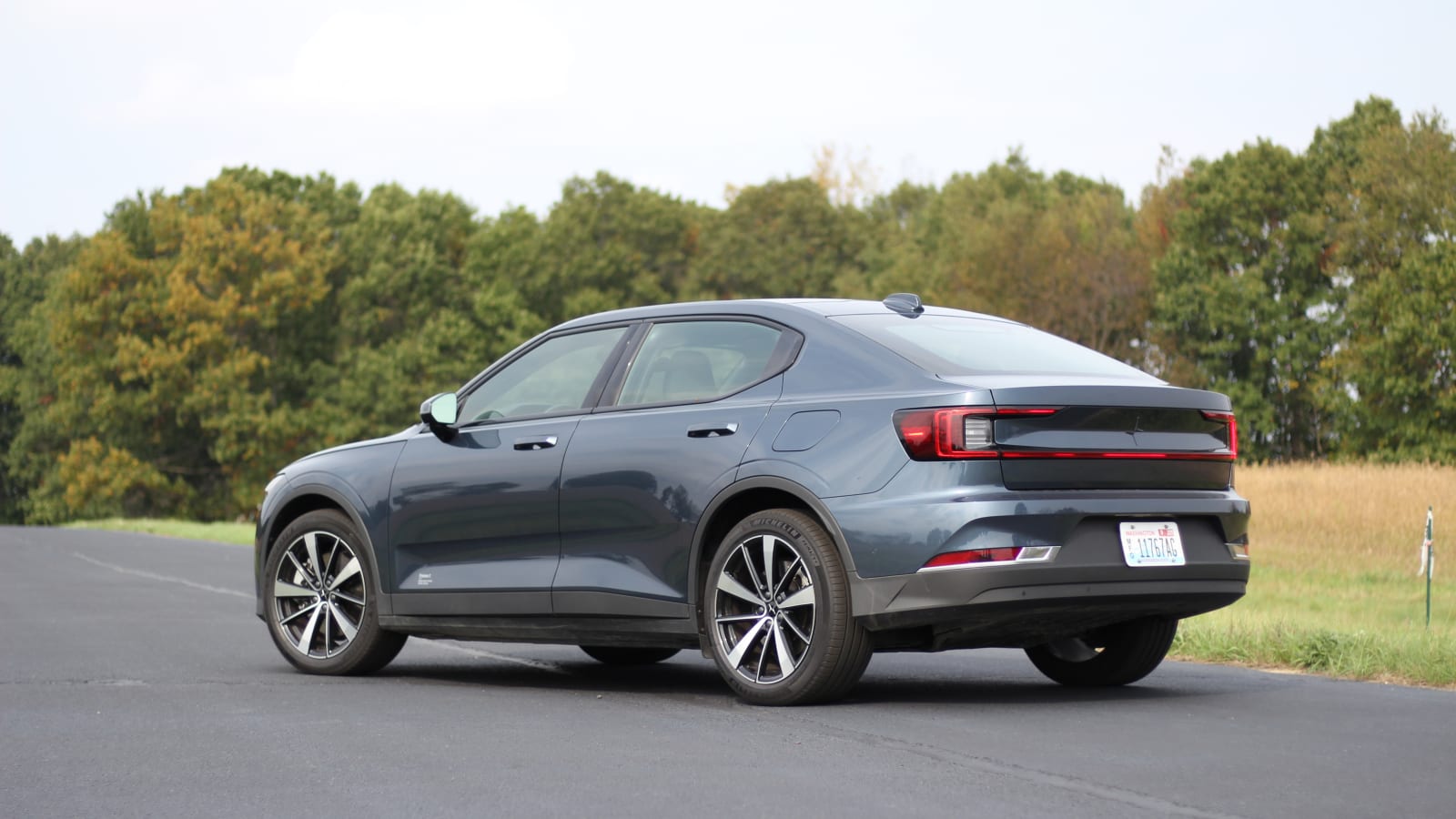For so long, electric vehicles were out of many customers’ price range. With the new generation of EVs coming to market, though, costs of these battery-powered cars are coming down significantly. And with gas prices skyrocketing, an affordable EV looks like a better long-term decision than ever before.
With these realities becoming increasingly evident and relevant to more of the car-buying public, we’ve already put together lists of the best electric cars and SUVs and the electric cars with the longest range. We’ve also compiled the gas-powered, plug-in hybrid and electric SUVs with the best fuel economy for 2022. But what about the cost up front? What’s the most affordable way to get into an EV?
Here, we’ve listed all the electric cars you can currently buy new with a starting price below $50,000. We’ve also noted which ones are eligible for the federal EV tax credit, which could help you save even more money in the long run.
What is the cheapest electric car?
Chevy Bolt EV: $27,590
After GM announced it would slash prices on its Bolt EV for the 2023 model year, this electric car overtakes the Nissan Leaf for the title of cheapest EV. Note, however, that GM has no more federal tax credits to hand out. If you’re eligible, and count the Leaf’s still-available $7,500 federal tax credit toward your cost, Nissan is still king … for now. Either way, with 200 horsepower driving the front wheels, and a driving range of 259 miles, this budget EV has a lot to offer.
Nissan Leaf: $28,425
The Leaf has two different battery sizes, with the smaller, 40-kilowatt-hour pack being the cheapest version at $28,425. That base Leaf offers 149 miles of range on a single charge. The 62-kWh battery in the Leaf Plus ups that to 215 miles, but also raises the starting price to $33,425. As of right now, the Leaf is still eligible for the $7,500 federal EV tax credit.
Chevy Bolt EUV: $29,190
The slightly larger Bolt EUV offers more space, and impressive tech options. With GM’s announced price cut on both 2023 Bolt models, this comes in at $29,190, assuming the $995 destination charge remains the same. Its size means it offers slightly less driving range than the smaller Bolt, at 247 miles. Again, though, GM is out of federal EV tax credits to hand out.
Mazda MX-30: $34,695
The electric Mazda is a weird one, with strange rear half-doors and a modest range of just 100 miles per charge. It’s also only available in California. We’d definitely pick one of the others on this list for the price, but note that the MX-30 is eligible for the full $7,500 federal tax credit.
Mini Cooper SE: $35,075
The electric Mini is a small, fun and relatively affordable electric car. “Mini” also applies to the battery, which offers just 110 miles of range. But at that price, and with the available tax credit, the Mini Cooper SE makes for an entertaining and stylish commuter.
Hyundai Kona Electric: $35,295
One of the original affordable EVs, the Kona Electric packs a lot of fun — and range — in a small package. The small second row makes fitting car seats a trick, but with 201 horsepower, 258 miles of range, a five-year/60,000-mile warranty and eligibility for the $7,500 federal tax credit, we love it.
Hyundai Ioniq 5: $41,245
The Ioniq 5 is one of the best EVs we’ve driven. The base price you see above gets you rear-wheel drive and 220 miles of driving range. The long-range version, with 303 miles of range starts at $45,295. All-wheel drive adds another $3,500. The Ioniq 5 is eligible for the federal tax credit.
Kia Niro EV: $41,285
Closely related to the Kona above, the Kia Niro EV is a sporty EV with 201 horsepower and 239 miles of range. The five-year warranty and $7,500 tax credit make it only more attractive. Kia recently revealed the updated 2023 Niro EV, but hasn’t yet announced pricing for it.
Ford F-150 Lightning: $41,769
The bare-bones (but still feature-rich) Pro trim of the Ford F-150 Lightning starts just a tad over $40,000 and is eligible for the federal tax credit. There’s a problem, though: order books are closed for 2022. If you like the idea of an electric pickup, though, the Lightning is absolutely worth the wait.
Kia EV6: $42,195
Like the Hyundai Ioniq 5 with which it shares a platform, the Kia EV6 is an absolute delight. It’s stylish, sporty and provides lots of electric range. The long-range RWD version starts at $48,295 and offers up to 310 miles of range. Getting all-wheel drive pushes the price to $52,195. The EV6 is eligible for the federal tax credit.
VW ID.4: $42,525
The first all-electric Volkswagen to come to North America, the ID.4 is spacious and relatively affordable. That base price gets you rear-wheel drive, but an all-wheel-drive variant is on its way. It is eligible for the tax credit.
Toyota bZ4X: $43,215
Toyota’s first all-electric vehicle available for the entire country comes in under $45,000 with front-wheel drive and 252 miles of driving range. Adding a second motor for all-wheel drive increases the price to $45,295, and decreases range to 228 miles. Toyota still has $7,500 tax credits to offer, but it won’t be long before the phaseout for those begins for Toyota (its plug-in hybrid Prius long-ago started counting against it).
Ford Mustang Mach-E: $44,995
The Mustang Mach-E has been wildly popular, and for good reason. It’s stylish, high-tech and fun to drive. Unfortunately, order books are closed for this model for 2022, and haven’t opened for 2023 as of this writing. If you can find one on a lot somewhere, it is still eligible for the $7,500 federal tax credit.
Subaru Solterra: $46,220
While the Solterra is basically a Toyota bZ4X with a Subaru badge, its $46,220 starting price is higher since it comes standard with all-wheel drive. Unlike Toyota, Subaru isn’t close to losing its federal EV tax credits.
Tesla Model 3: $46,990
Tesla’s prices and list available features always seem to be in flux, but as of this writing, the most affordable version is the rear-wheel-drive offering with an estimated 267 miles of range. Tesla burned through all of its available federal tax credits long ago, so you can’t factor in the $7,500 rebate you’d get with most of the other brands.
Polestar 2: $49,800
The Polestar 2 is a compelling product from the Volvo spin-off brand. The electric sedan starts just under $50,000 for the front-wheel-drive single-motor version. Adding a rear motor gives it 177 more horsepower and all-wheel drive, but takes the price up to $53,300, though it is eligible for the $7,500 federal tax credit.
Related video:
Source: www.autoblog.com

